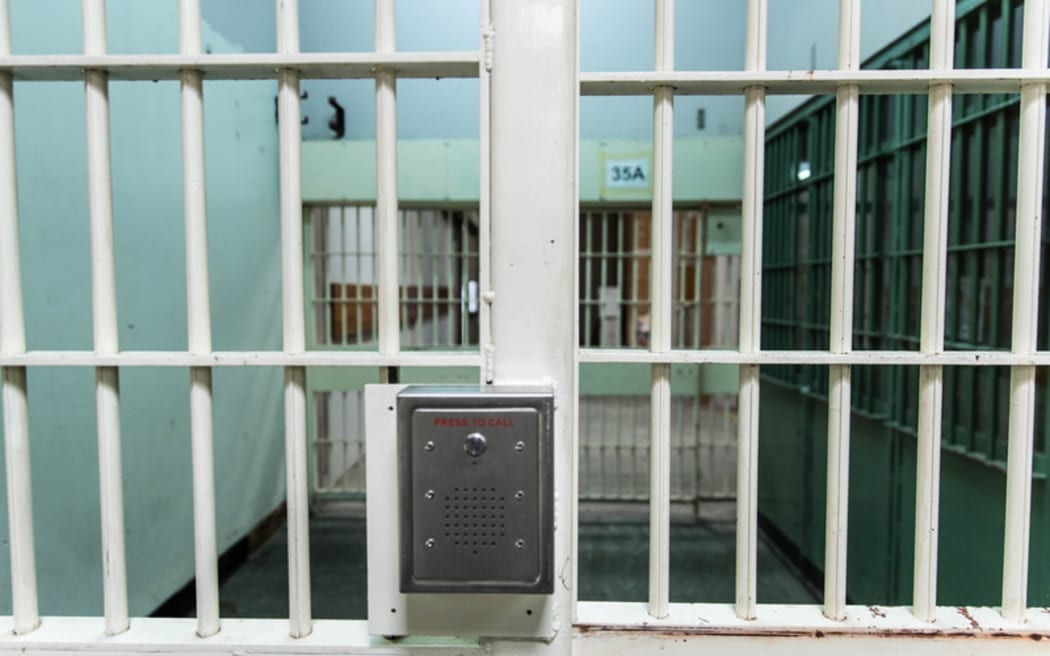
The prison population is expected to hit 10,000 in 2017 Photo: RNZ / Cole Eastham-Farrelly
As the number of people behind bars hits record levels, the Salvation Army says the government is spending too much money on prisons and not enough on rehabilitation and reducing reoffending.
The Salvation Army has just published a new report, Beyond the Prison Gate, which looks at how offenders can be better supported when they leave prison.
It says while the challenges are complex, and there is no silver bullet, there are some simple things that can be done to make life easier on the outside.
The prison population is expected to hit 10,000 in 2017 and the government's recently committed to spending $1 billion building 1800 new prison beds.
But the Salvation Army is questioning that spending, saying there's credible evidence to show that sending someone to prison has very little effect in deterring them from reoffending.
The report's author, Annaliese Johnston, said the money the government had earmarked for new prison beds could be better spent elsewhere.
"A huge amount of evidence that points to prison not having a particularly good deterrent effect, so I think we need to be asking where our money is going.
"Is it going on things that actually work? So I don't think we're going in the right direction at the moment."
Ms Johnston said law changes, rather than any increases to crimes rates, were the main driver behind the growing prison population.
"When the Ministry of Justice predicted the ongoing increase in the prison population for the next 10 years, they've pointed to those key points of legislation ... three-strikes law and changes to bail law and changes to parole."
Ms Johnston said spending on prisons should be reduced, and that money should be put in to programmes to reduce crime and support reintegration for the 15,000 people who are released from prison each year.
That includes making sure they have stable accommodation, access to drug and alcohol programmes, and even having something as simple as a form of identification that would allow them to do things like open bank accounts.
'We as a society need to step up'
Paul Wood, who has a PhD in psychology after ending up in prison at the age of 18 for killing his drug dealer, said those post-release wraparound services were important.
"We need to be doing more than providing people with a few hundred dollars to start their life again once they get out, particularly those who just end up going back to the same group, the same community, where their anti-social behaviour occurred in the first place.
"We as a society need to really step up and show that we're willing to give people a second chance."
But Dr Wood said if New Zealand was serious about reintegrating prisoners and reducing reoffending, then non-custodial sentences for people who don't need to be in prison for the protect of society need to be considered more often.
Katie Bruce, the director of the advocacy group Just Speak, said the wider public also had a role to play.
"People need to feel like they have chances and choices in their life, they need a stable house ... they need a good shot at employment without stigma.
She said all of those things created barriers.
"As a society we all need to take responsibility to make sure we're not putting up barriers."
In a statement, Corrections chief executive Ray Smith said reducing reoffending was one of his department's top priorities.
Mr Smith said to help people live offence-free in the community, Corrections supports them in industries that lead to sustainable employment, and works with agencies that provide rehabilitation, treatment and housing.





